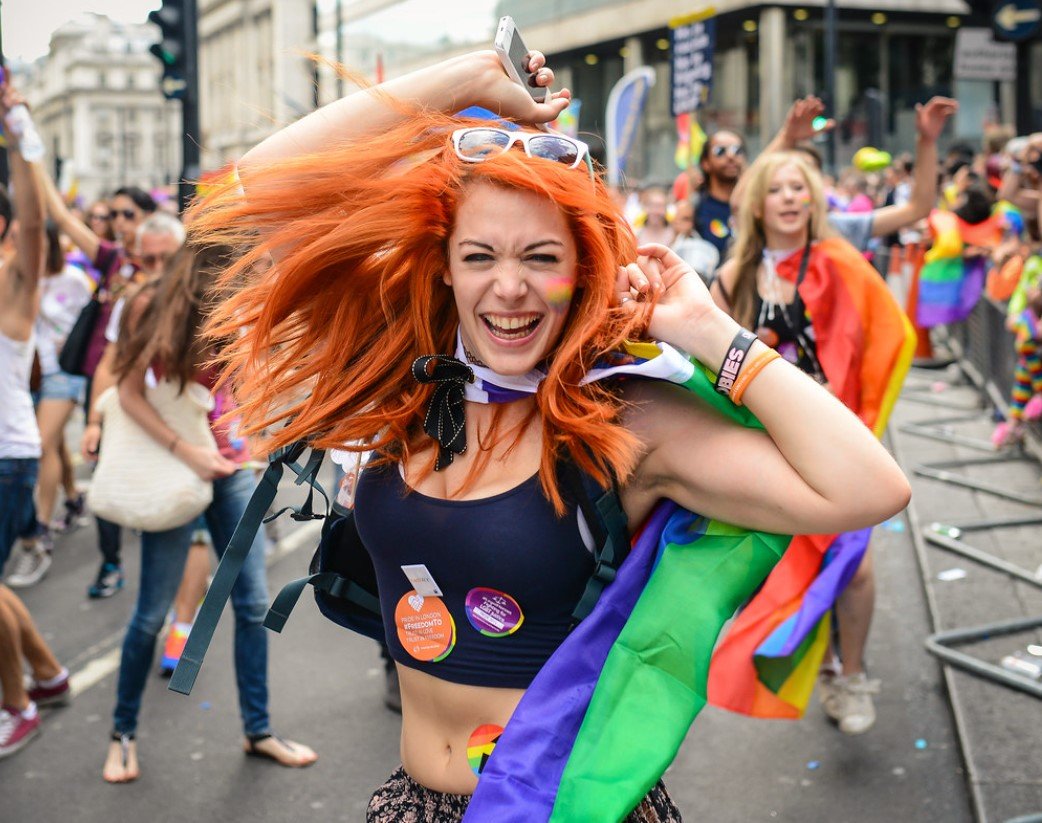In the realm of mental health, the emergence of chatbots as therapeutic tools has been a significant development. These AI-driven assistants offer a promise of instant support and an empathetic ear to those grappling with various psychological challenges. However, recent findings have raised concerns about their effectiveness, particularly for individuals within the LGBTQ+ community.
The Promise of Instant Support
Chatbots, powered by sophisticated algorithms, have been designed to simulate conversation and provide immediate responses to users seeking mental health assistance. They offer a level of anonymity and accessibility that is often appealing to individuals who may not feel comfortable seeking help in traditional settings. Many users have reported a sense of solidarity and a safe space to express themselves, using chatbots to rehearse difficult conversations, such as coming out or confronting discrimination.

Falling Short of Expectations
Despite their potential, chatbots have shown significant limitations. Users from the LGBTQ+ community have noted that the responses they receive often feel generic and emotionally detached. The inability of chatbots to understand the nuanced experiences of LGBTQ+ individuals can lead to advice that is not only unhelpful but sometimes harmful. The lack of empathy and understanding in these interactions underscores the need for more sophisticated and sensitive programming that can truly grasp the complexities of human emotion and experience.
The Need for Human Touch
The shortcomings of chatbots highlight the irreplaceable value of human interaction, especially in the context of mental health support. While technology can serve as a useful tool, it cannot replace the nuanced understanding and genuine empathy that trained human counselors provide. For the LGBTQ+ community, facing unique challenges such as discrimination, bullying, and the stress of coming out, a holistic support system that includes both technological and human resources is essential.



































